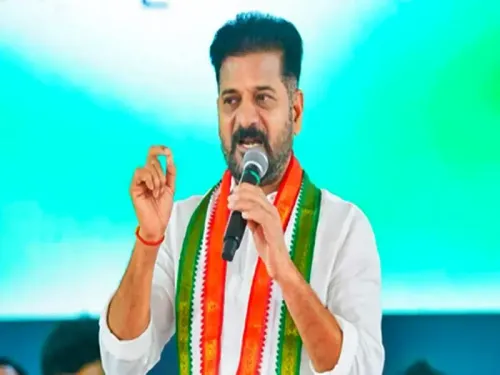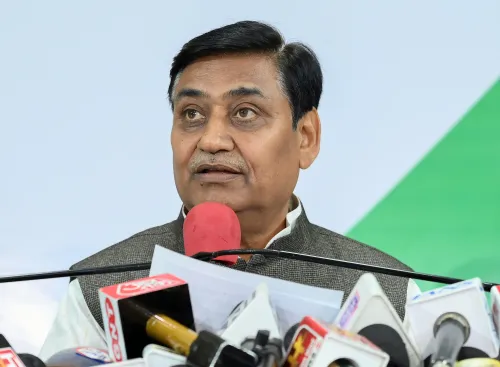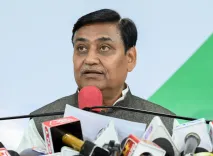Is Omar's Claim on Water Rights Justifiable?

Synopsis
Key Takeaways
- Omar Abdullah's claim on water rights has sparked significant debate.
- The SAD's response highlights historical grievances towards Punjab.
- Punjab is facing critical groundwater depletion.
- The Central government's recent decision offers a chance for redress.
- The ongoing water dispute affects farmers' livelihoods.
Chandigarh, June 20 (NationPress) The Shiromani Akali Dal (SAD) expressed astonishment at Jammu and Kashmir Chief Minister Omar Abdullah’s assertion that his state possesses complete water rights over the Indus Water system. They called on the Centre to rectify the historical injustice inflicted upon Punjab by the former Indira Gandhi administration concerning the distribution of water from the Indus Water Basin.
In a press release, senior SAD leader and former Minister Daljit Singh Cheema stated that it is a documented fact that the Indira Gandhi government severely wronged Punjab by allocating a substantial portion of river water to the non-riparian state of Rajasthan. “Punjab has continually faced hardships. Water resources have been unjustly taken from Punjab,” he remarked.
Cheema indicated that Omar Abdullah’s demands represent yet another attempt to further disadvantage Punjab. He highlighted that while Punjab has been the cornerstone of the country's food production, it has seen a dramatic decline in groundwater levels, reaching a critical state. The overall water volume in rivers has also diminished significantly. Farmers in Punjab have incurred massive debts to meet the nation’s food demands.
Cheema welcomed the Central government’s decision to suspend the Indus Water Treaty, stating this presents a pivotal chance for the Centre to rectify the historical grievances against Punjab from the Indira Gandhi era and to compensate by allocating additional water from the Indus Water Treaty project.
He urged Omar Abdullah to consider the needs of Punjab’s farmers and those from other states before making such inflammatory claims. Cheema expressed optimism that the Centre would dismiss Abdullah’s request and deliver justice to Punjab.
In response to the Indian government’s plans to construct a canal to redirect surplus water from three rivers of the Indus system in Jammu and Kashmir to Haryana, Punjab, and Rajasthan, Chief Minister Abdullah referenced the long-standing Shahpur Kandi barrage dispute with Punjab and questioned, “Did they provide us any water?”










